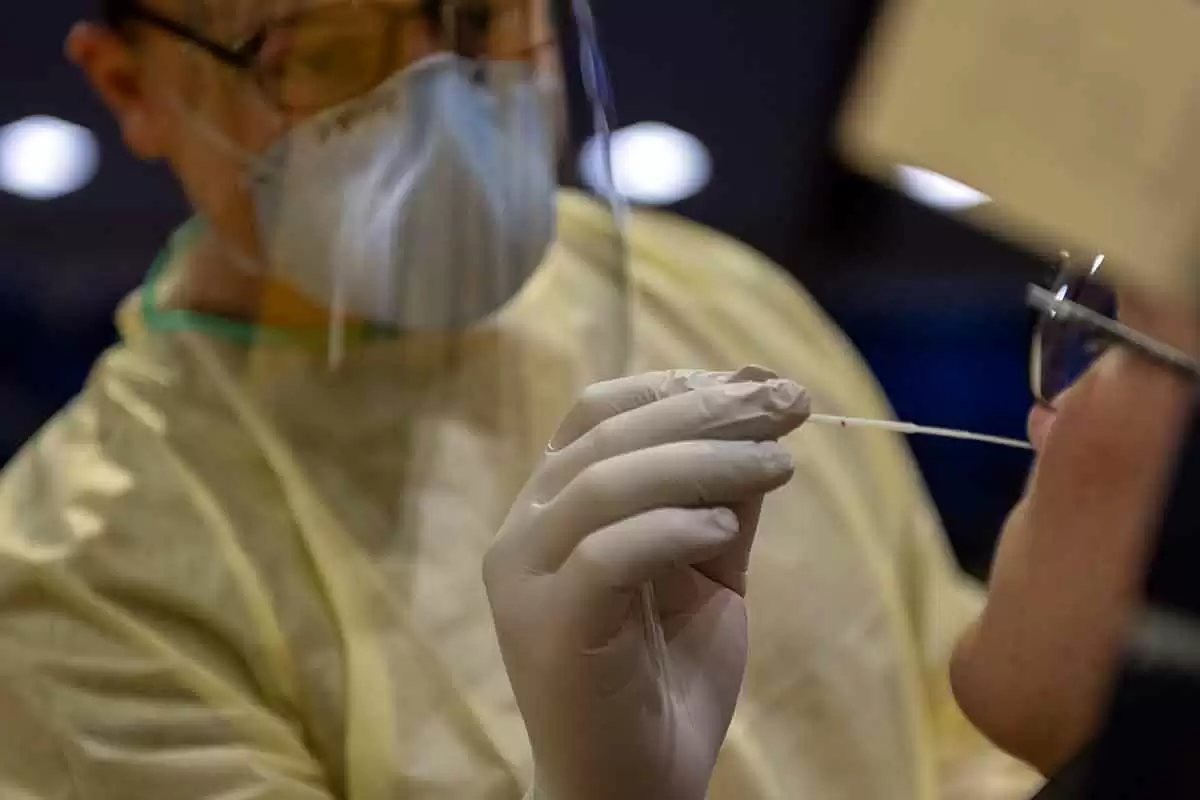
Celiac.com 06/16/2021 - Weeks after SARS-CoV-2 infection or exposure, some children develop a severe, life-threatening illness called Multisystem Inflammatory Syndrome in Children (MIS-C). A new study offers hope for diagnosis, treatment and prevention of MIS-C. Gastrointestinal symptoms are common in MIS-C patients and severe hyperinflammatory response ensues with potential for cardiac complications. The cause of MIS-C has not previously been identified. A team of researchers recently set out to learn more about diagnosing, treating, and preventing MIS-C.
The research team analyzed specimens from 19 children with MIS-C, 26 with acute COVID-19, and 55 control subjects and assessed stool samples for SARS-CoV-2 by RT-PCR, and plasma samples for markers of breakdown of mucosal barrier integrity, including zonulin.
Celiac.com Sponsor (A12):
They used ultra-sensitive antigen detection to probe for SARS-CoV-2 antigenemia in plasma, and then characterized the resulting immune responses. As proof of concept, we treated a MIS-C patient with larazotide, a zonulin antagonist, and monitored impact on antigenemia and clinical response.
The team demonstrated that, in MIS-C patients, prolonged presence of SARS-CoV-2 in the GI tract leads to the release of zonulin, an intestinal permeability biomarker, which causes SARS-CoV-2 antigens to flow into the bloodstream, and triggers hyperinflammation.
The one MIS-C patient treated with larazotide, a drug which is currently in clinical trials as a possible treatment for celiac disease, showed a coinciding decrease in plasma SARS-CoV-2 Spike antigen levels, inflammatory markers, along with clinical improvement above that resulted from presently available treatments.
The team's data detailing the pathogenesis of MIS-C offers insight into targets for diagnosing, treating, and preventing MIS-C, which are crucial to addressing this increasingly common severe COVID-19-related disease in children.
Read more at The Journal of Clinical Investigation.
The research team included Lael M. Yonker, Tal Gilboa, Alana F. Ogata, Yasmeen Senussi, Roey Lazarovits, Brittany P. Boribong, Yannic C. Bartsch, Maggie Loiselle, Magali Noval Rivas,4 Rebecca A. Porritt,4 Rosiane Lima,1 Jameson P. Davis, Eva J. Farkas, Madeleine D. Burns, Nicola Young, Vinay S. Mahajan, Soroush Hajizadeh, Xcanda I. Herrera Lopez,5 Johannes Kreuzer, Robert Morris, Enid E. Martinez, Isaac Han, Kettner Griswold Jr., Nicholas C. Barry, David B. Thompson, George Church, Andrea G. Edlow, Wilhelm Haas, Shiv Pillai, Moshe Arditi, Galit Alter, David R. Walt, and Alessio Fasano.
They are variously affiliated with the Department of Pediatrics, Massachusetts General Hospital, Boston, United States of America; the Department of Pathology, Brigham and Women’s Hospital, Boston, United States of America; the Department of Medicine, Ragon Institute of MGH, MIT and Harvard, Cambridge, United States of America; the Department of Pediatrics, Cedars-Sinai Medical Center, Los Angeles, United States of America; the Department of Medicine, Massachusetts General Hospital, Boston, United States of America; the Department of Immunology, Wyss Institute for Biologically Inspired Engineering, Boston, United States of America; the Department of Genetics, Harvard Medical School, Boston, United States of America; the Department of Obstetrics, Gynecology, and Reproductive Biology, Massachusetts General Hospital, Boston, United States of America; the Massachusetts General Hospital, Boston, United States of America; the Department of Immunology, Massachusetts General Hospital, Boston, United States of America; and the
Department of Pathology, Harvard Medical School, Boston, United States of America.







Recommended Comments
Create an account or sign in to comment
You need to be a member in order to leave a comment
Create an account
Sign up for a new account in our community. It's easy!
Register a new accountSign in
Already have an account? Sign in here.
Sign In Now